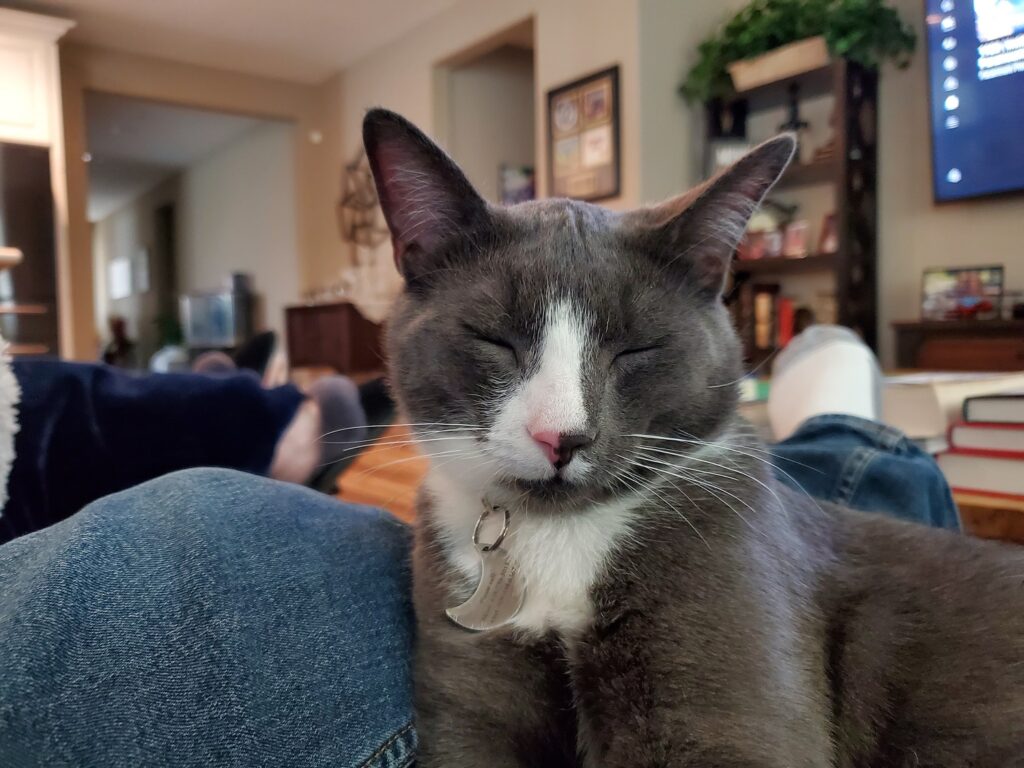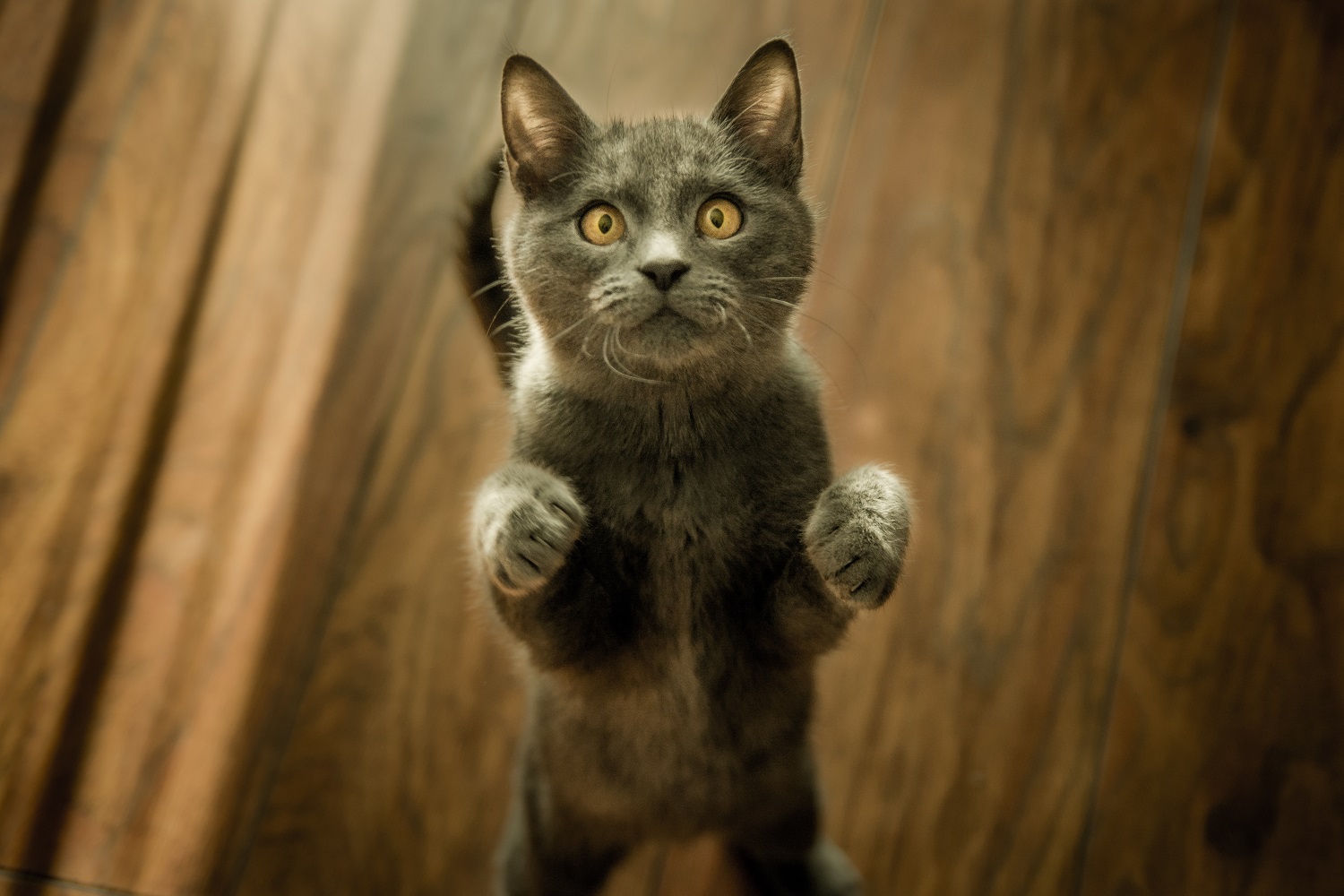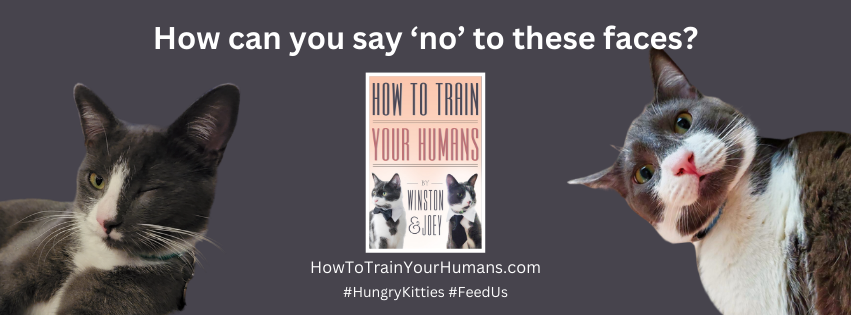We’ve all been there. You step on a tail, knock over the treat jar, or come home late without the usual snack offering. Your cat gives you the look… that cold, soul-piercing stare, and you wonder, “Do they know I’m sorry?”
Well, kind of. But not in the way you might think.
Cats Don’t Speak Human, But They Do Read You
Cats don’t understand the words “I’m sorry” the way a human does. But they’re experts at reading tone, body language, and energy. If you speak softly, approach calmly, and offer peace (and maybe a snack), they’ll usually accept your apology, if they pretend to ignore you for dramatic effect.
If your cat gives you the cold shoulder, don’t take it personally. They’re not mad. They’re just… feline.
Signs Your Cat Has Forgiven You
After a minor offense, look for these signs that you’re back in their good graces:
- They rub against you or give you a gentle headbutt.
- They return to purring or sleeping nearby.
- They follow you around again (aka low-key stalking).
- They accept treats or playtime.
Still getting the stink-eye? That’s okay. Some cats are very committed to holding grudges for at least 15 minutes.

I certainly remember the time my mom dropped a bottle of vitamins on my head. How could I forget? I mean, seriously, how does one even manage to do that? I don’t know whether to be offended or impressed by her clumsiness. Of course, I forgave her, but I made sure to give her a good glare to let her know she better be more careful next time. I may be forgiving, but I won’t forget. #KittyMemory #LookOutBelow #I’mWatchingYou
Winston
How to “Apologize” the Cat Way
Words are optional. What matters is your approach. Here’s how to say “I’m sorry” in a way your cat will actually understand:
- Speak gently with a calm voice.
- Slow blink at them (it’s cat for “I come in peace”).
- Offer their favorite treat or toy.
- Respect their space if they need time.
What NOT to Do
Cats don’t respond well to:
- Loud noises
- Excessive petting when they’re agitated
- Picking them up when they’re clearly done with you
Let them come to you. Patience is key. So is not making the same mistake twice (looking at you, vacuum).
When Guilt Actually Helps
If you’re feeling bad for yelling or accidentally scaring your cat, that guilt is actually a good sign. It proves that you care. Just make it right with a little affection and respect, and you’ll be fine.
Related read: How Cats React When Their Favorite Human Goes on Vacation.
Final Thoughts: Cats Understand Apologies… Sort Of
Your cat may not grasp the words “I’m sorry,” but they definitely pick up on your intentions. Be calm, be kind, and offer that peace treat. Cats may be mysterious, but deep down, they want love and comfort just like the rest of us. On their terms, of course.
Sources:
– Do Cats Understand Human Emotions? https://www.scientificamerican.com/article/do-cats-understand-human-emotions/
– Can Cats Forgive Their Owners? https://www.petmd.com/cat/behavior/can-cats-forgive-their-owners
– Understanding Cat Behavior and Communication https://www.aspca.org/pet-care/cat-care/common-cat-behavior-issues
– Interpreting Cat Body Language https://www.humanesociety.org/resources/understanding-your-cats-behavior
– How Cats Communicate https://www.icatcare.org/advice/understanding-feline-communication/
Recent Posts
Explore why cats sleep so much, including the evolutionary reasons and the health benefits they derive from their extensive sleep patterns.
Explore the causes of cat dandruff, its implications, and effective ways to deal with it so your feline friend remains happy and healthy.


